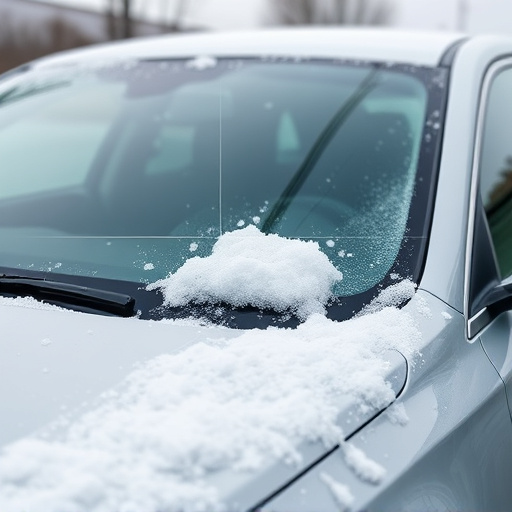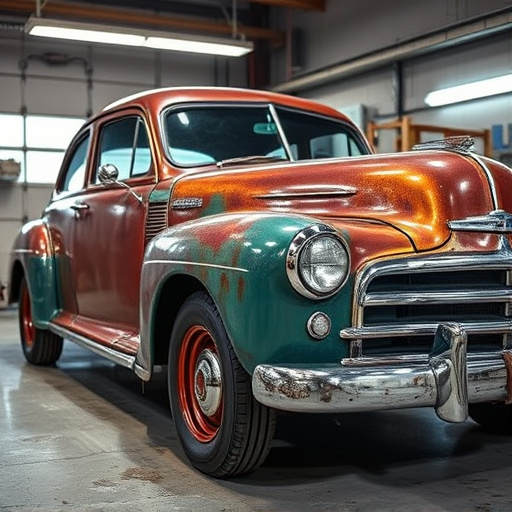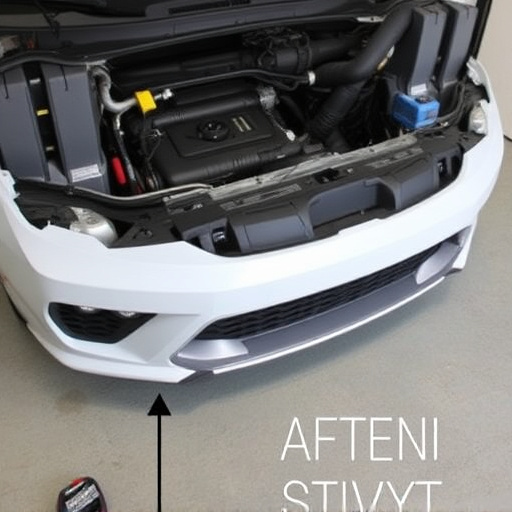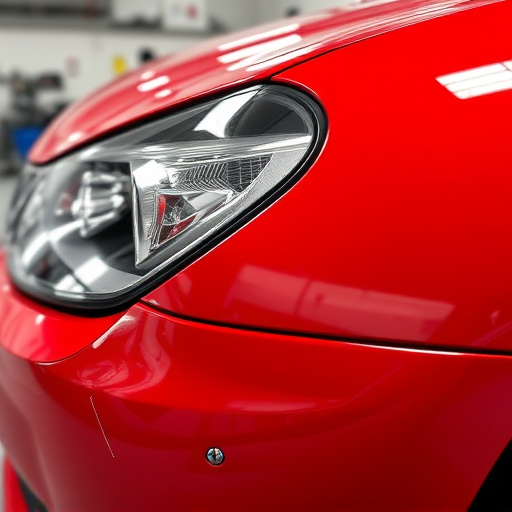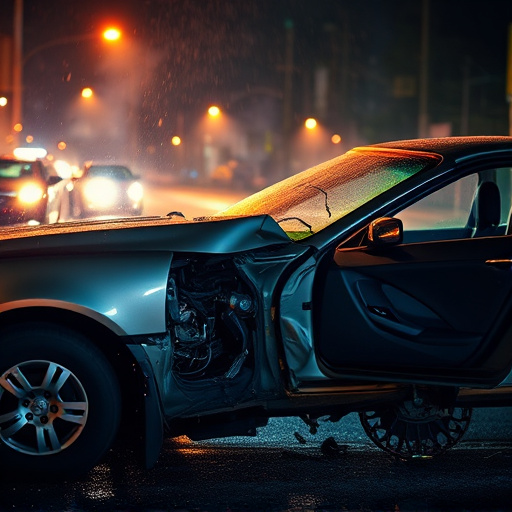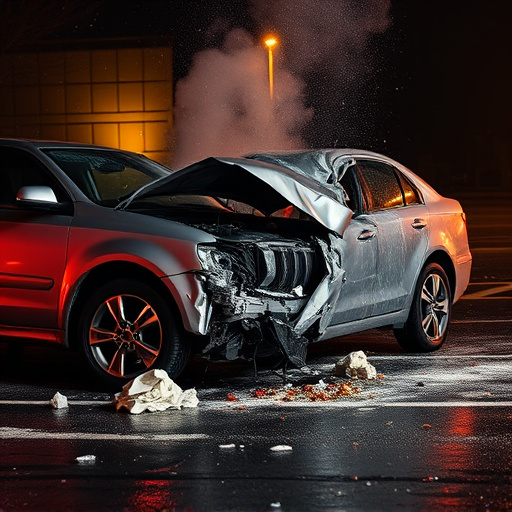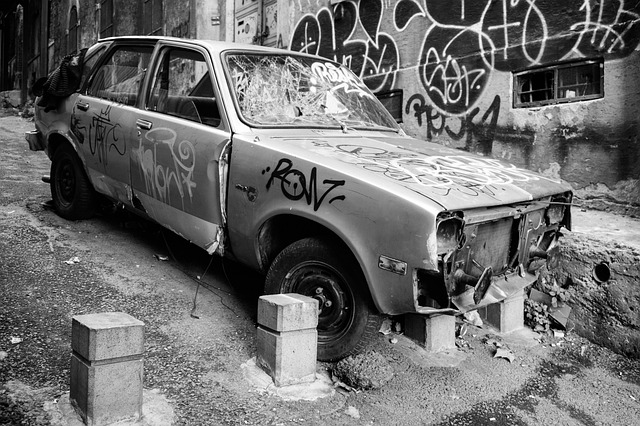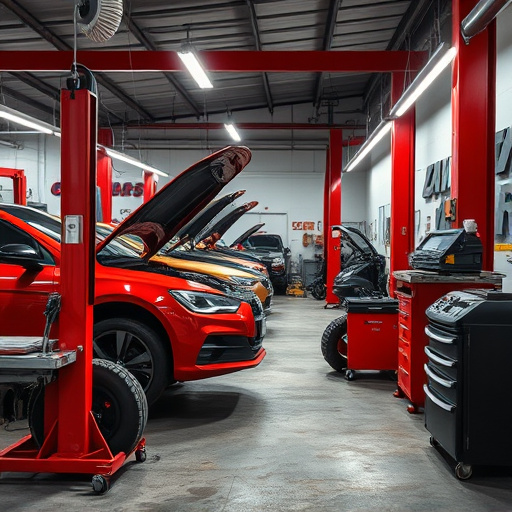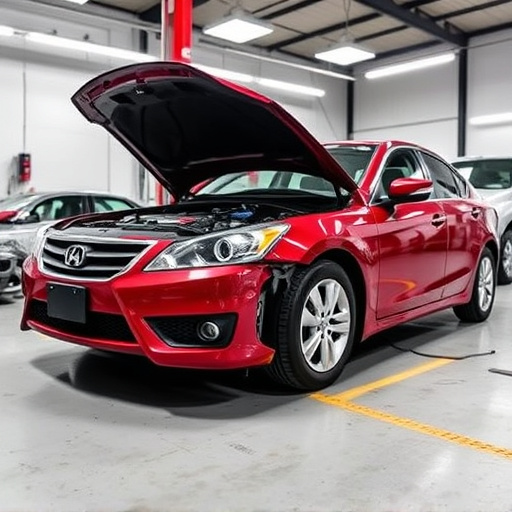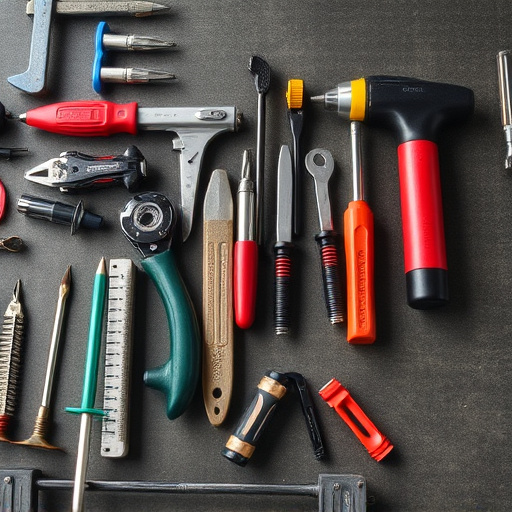Collision damage can extend beyond visible aesthetics, impacting your vehicle's critical AC system. Hidden internal harm, misalignment, or detachment of AC parts can affect performance and efficiency, leading to reduced cooling, higher energy bills, and premature replacement. Ignoring potential AC system harm post-collision may cause future discomfort. Essential steps include thorough inspection by professionals and timely AC repair after collision to maintain a comfortable driving environment and prevent further complications.
In the event of a collision, your vehicle’s AC system isn’t immune to damage. Understanding the connection between collision impact and your car’s cooling mechanism is key to ensuring optimal performance post-accident. Collisions can cause hidden issues in the AC system, leading to inefficient cooling or even complete failure. This article explores common ways a crash affects your vehicle’s cooling mechanism and provides guidance on AC repair after collision, helping you navigate post-crash maintenance with expert advice.
- Understanding the Connection Between Collision Damage and AC Systems
- Common Ways a Collision Impacts Your Vehicle's Cooling Mechanism
- Post-Collision AC Repair: What to Expect and When to Seek Professional Help
Understanding the Connection Between Collision Damage and AC Systems
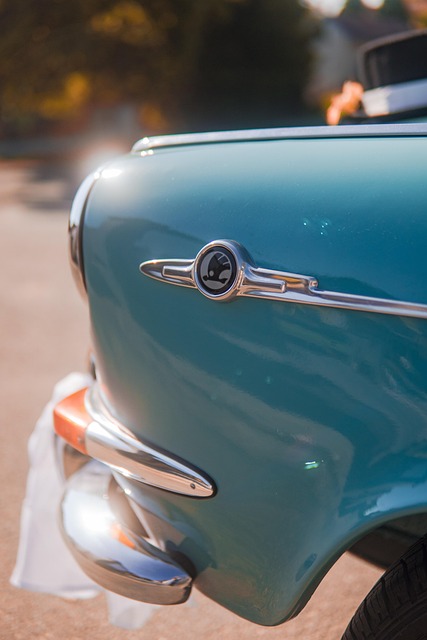
Collision damage can significantly impact your vehicle’s AC system, often overlooked but critical to address for optimal performance and comfort. When a collision occurs, whether from an accident or even a minor fender bender, it can cause various forms of harm beyond what’s immediately visible. Hidden internal damage could affect the intricate components of your air conditioning (AC) system, such as the compressor, condenser coils, or refrigerant lines. These parts play a vital role in cooling and maintaining comfortable temperatures within your vehicle.
Moreover, the shockwave from a collision might lead to misalignment or detachment of AC-related parts, affecting efficiency and performance. Car dent repair is often required alongside auto body services to ensure structural integrity, but it’s equally important to consider AC repair after collision events. Ignoring potential AC system damage could result in reduced cooling capabilities, increased energy consumption, and even the need for premature AC replacement. Thus, after any collision, it’s crucial to have your vehicle thoroughly inspected by a professional, including a check on the health of the AC system to prevent future discomfort or costly repairs.
Common Ways a Collision Impacts Your Vehicle's Cooling Mechanism
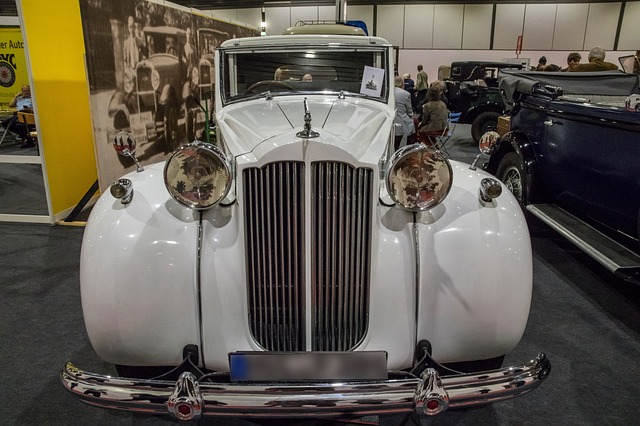
A vehicle collision can cause significant damage to your car’s cooling system, often overlooked yet critical for safety and performance. The impact of a crash can lead to various issues within the intricate network of components that make up your auto’s AC mechanism. Here are some common ways a collision influences this process:
Direct force from the impact may result in physical damage to vital parts like the compressor, condenser, or evaporator coils. These components are delicate and require precise alignment; even a minor displacement can disrupt their efficiency. Moreover, a severe crash might cause internal leaks within the AC system, leading to a loss of refrigerant and subsequent cooling performance issues. In some cases, the force could trigger automatic shutdown mechanisms designed to prevent further damage, temporarily deactivating the AC until repairs are made, such as in auto frame repair or AC repair after collision scenarios.
Post-Collision AC Repair: What to Expect and When to Seek Professional Help
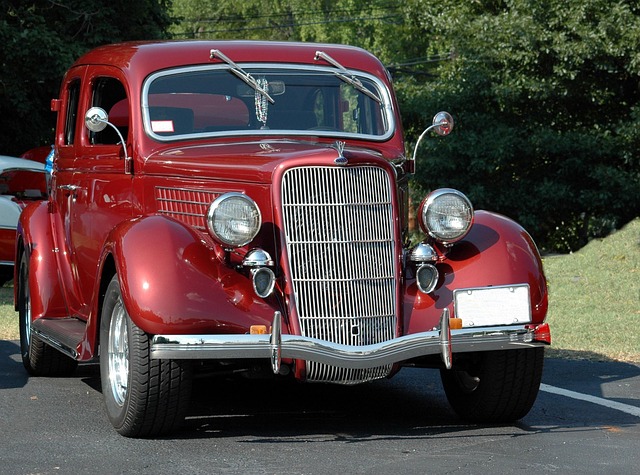
After a collision, your vehicle’s AC system could be significantly affected, and repairing it is essential for maintaining a comfortable driving environment. The impact of a crash can lead to various issues within the intricate components of the air conditioning (AC) unit. These problems may include leaks in the refrigerant lines or damage to the compressor, which are critical parts responsible for cooling the cabin air.
When considering AC repair after a collision, it’s advisable to seek professional help from experienced auto body services or automotive collision repair centers. They have the expertise and tools to diagnose and fix these issues accurately. Auto frame repair specialists can also play a crucial role in ensuring that your vehicle’s structural integrity is maintained while addressing any damage to the AC system. Timing is vital; prompt attention to the AC system after a collision can prevent further complications and ensure optimal performance once repairs are completed.
After a collision, it’s crucial to understand how damage can impact your vehicle’s AC system. Collision damage can disrupt the intricate components that make your cooling mechanism function properly, leading to reduced performance or even failure. If you’ve experienced a crash, don’t overlook potential issues with your AC—timely repair is key to maintaining a comfortable driving environment. When in doubt, consult a professional for expert AC repair after collision to ensure your vehicle returns to its optimal chilling capacity.
